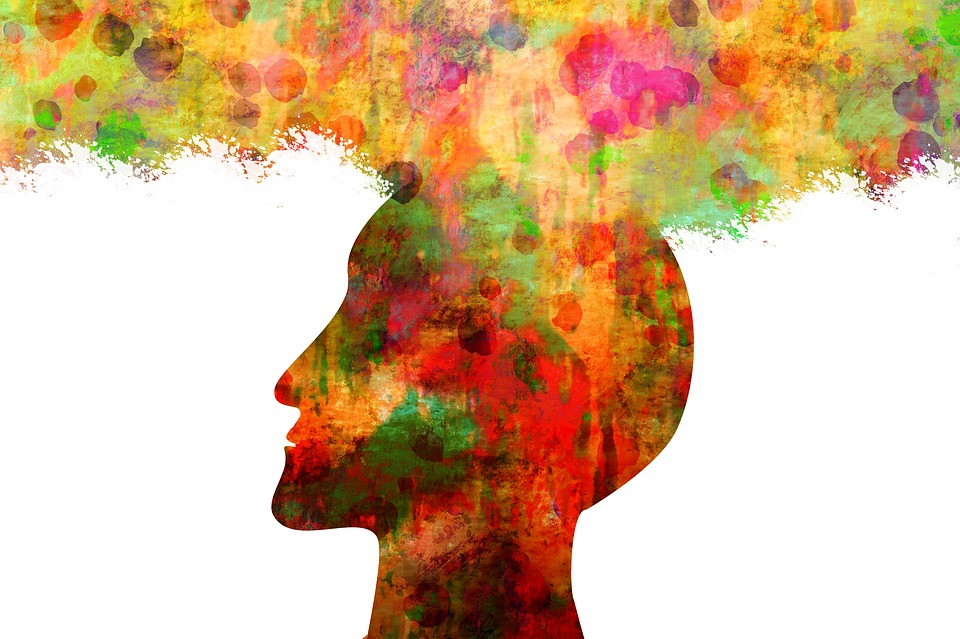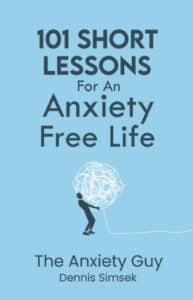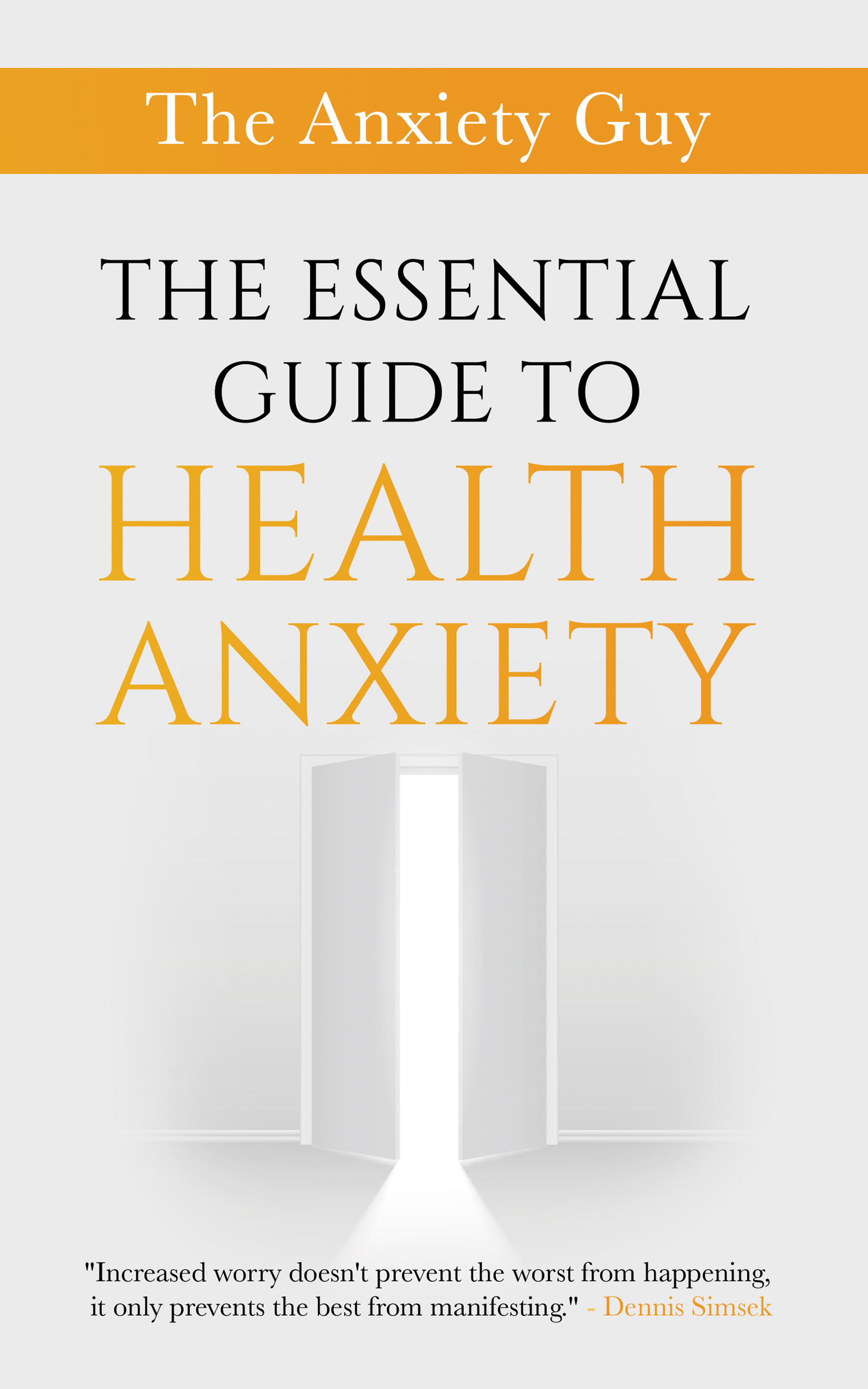What is Subconscious Anxiety?
Subconscious anxiety is anxiety which currently operates just below your perception. Unlike standard anxiety situations you understand their sources but subconscious anxiety causes mental and physical symptoms while hiding its origins.1
The thoughts and emotions which you cannot consciously identify in your unconscious mind frequently result in anxiety development. The majority of individuals carry subconscious anxiety yet they remain unable to acknowledge it is present so they experience indeterminable distress through feelings of unease and tension.
How Subconscious Anxiety Develops
Several unconscious procedures lead to the development of subconscious anxiety. Numerous studies reveal that our mental processes operate with automatic irrational thoughts which stay beyond our conscious knowledge. Our underlying thought patterns determine both emotional responses and cause development of anxiety disorders.
Several unconscious procedures lead to the development of subconscious anxiety. Numerous studies reveal that our mental processes operate with automatic irrational thoughts which stay beyond our conscious knowledge. Our underlying thought patterns determine both emotional responses and cause development of anxiety disorders.
- Childhood experiences
- Trauma
- Substance misuse
- Panic disorders
- Certain medications
Subconscious anxiety exists in hidden thought processes so it becomes difficult to locate its origins unless someone performs self-reflection or seeks expert assistance.
Symptoms of Subconscious Anxiety
The symptoms of unconscious anxiety appear similar to classical anxiety symptoms yet seem separated from clear stressors. Patters of these symptoms tend to develop without obvious connection to known causes of stress.
Mental Symptoms:
- Increased worry or fear
- Feeling overwhelmed
- Persistent fatigue
- Difficulty making decisions
- Trouble concentrating or experiencing “brain fog”
- Irritability and mood swings
Physical Symptoms:
- Headaches or migraines
- Muscle tension or soreness
- Stomach discomfort or digestive issues
- Heart palpitations
- General restlessness
Being persistently tense and nervous without being able to identify the reason marks a major indicator of subconscious anxiety.2
Effective Treatment for Subconscious Anxiety
The approach for treating follows similar methods to those used in overall anxiety treatment protocols. A combination of therapy and lifestyle changes with medicinal treatment enables control of symptoms and treatment of basic elements.3
Therapy Options:
- Cognitive Behavioral Therapy (CBT): Helps replace negative thought patterns with more constructive ones. The Health Anxiety Program is Ideal For This!
- Exposure Therapy: Gradual exposure to feared situations in a controlled environment.
- Relaxation Therapy: Techniques aimed at reducing stress and promoting calmness.
- Mindfulness-Based Therapy: Encourages present-moment awareness to ease anxious thoughts.
Medication Options:
- Selective Serotonin Reuptake Inhibitors (SSRIs)
- Selective Serotonin-Norepinephrine Inhibitors (SNRIs)
- Tricyclic Antidepressants
- Buspirone
- Benzodiazepines (for short-term relief)
Some medications, such as pregabalin (Lyrica) and moclobemide, are used in other countries but are not FDA-approved for generalized anxiety disorder (GAD) in the U.S. Consulting a medical professional can help determine the best treatment plan for your specific needs.
The Connection Between Anxiety and Physical Health Conditions
Anxiety can sometimes be a symptom of an underlying medical condition. Research has linked anxiety to chronic health issues, including:
- Arthritis
- Chronic pain
- Hypertension
- Stroke
- Heart disease
- Asthma
- Peptic ulcers
- Gastrointestinal disorders
If you suspect an underlying health condition may be contributing to your anxiety, seeking medical advice is crucial.4
Self-Help Strategies to Alleviate Subconscious Anxiety
Employing self-care approaches assists people manage their subconscious anxiety when professional medical help is receiving professional treatment. Studies confirm that changing daily behaviors leads to substantial decrease in anxiety symptom intensity. Effective self-help techniques include:
- Regular Exercise: Physical activity releases endorphins, which can improve mood and reduce stress.
- Yoga and Meditation: Mindfulness practices help cultivate awareness and relaxation.
- Deep Breathing Exercises: Techniques like diaphragmatic breathing can calm the nervous system.
- Maintaining a Healthy Routine: Consistent sleep, nutrition, and hydration can support overall well-being.
Self-Reflection Exercise: Identifying Suppressed Emotions
A powerful way to uncover subconscious anxiety is through self-inquiry. The following questions, inspired by the Anxiety Subconscious Reprogramming Guy podcast, can help you recognize and release suppressed emotions:
- What feeling am I suppressing?
- What part of my body is holding onto this feeling?
- Is this feeling directed towards me or someone else?
- Why does my subconscious feel the need to hang onto this?
- What does holding onto this feeling do for me in a positive sense?
- Why is my subconscious so resistant to changing this?
Journaling your responses to these questions can provide deeper insight into your emotional patterns and help you process subconscious anxiety more effectively.5
Final Thoughts on Subconscious Anxiety
Anxiety existing beneath awareness operates as a less common but highly significant form of anxiety that works inside the subconscious mind. A condition might be present when anxiety continues to affect you with no identifiable source.
The diagnosis of symptoms requires proper treatment such as therapy combined with medication and life changes to both control your anxiety level and enhance your life quality. You do not have to face subconscious anxiety by yourself since help exists to assist your journey toward effective management of this condition.
If you haven’t already Sign Up to my 5 point Saturday’s weekly newsletter and also receive a digital copy of my first book Me vs Myself free: The Anxiety Guy Weekly Newsletter (Sign Up Here)
Subscribe to the #1 anxiety podcast on any one of these podcast directories today: Apple, Stitcher, or Podbean.
My Books on Amazon:
Beyond Anxiety – What To Expect On Your Path Towards Freedom (3rd book) can be purchased on Amazon here:
F*** Coping Start Healing (2nd book) is now out on Amazon and you can pick up your copy today:
If you haven’t already done so please Subscribe to my YouTube Channel Today:
References
Podcast: Play in new window | Download
Subscribe: Apple Podcasts | RSS
- Samstag, N. (2022, June 22). Dr. Nicholas Samstag. Dr. Nicholas Samstag. https://www.nicholassamstag.com/writing/what-is-subconscious-anxiety [↩]
- 0. (2021, April 26). Not Worried About Anything in Particular? You Could Still Have “Subconscious” Anxiety. Healthline; Healthline Media. https://www.healthline.com/health/anxiety/subconscious-anxiety [↩]
- 0. (2021, April 26). Not Worried About Anything in Particular? You Could Still Have “Subconscious” Anxiety. Healthline; Healthline Media. https://www.healthline.com/health/anxiety/subconscious-anxiety#finding-treatment [↩]
- Sareen, J., Cox, B. J., Clara, I., & Asmundson, G. J. G. (2005). The relationship between anxiety disorders and physical disorders in the U.S. National Comorbidity Survey. Depression and Anxiety, 21(4), 193–202. https://doi.org/10.1002/da.20072 [↩]
- Subconscious Anxiety: Signs, Causes, & Treatment. (2024). ChoosingTherapy.com. https://www.choosingtherapy.com/subconscious-anxiety/ [↩]





















loved it- its a good no nonsense (no whining) approach!
Much love.